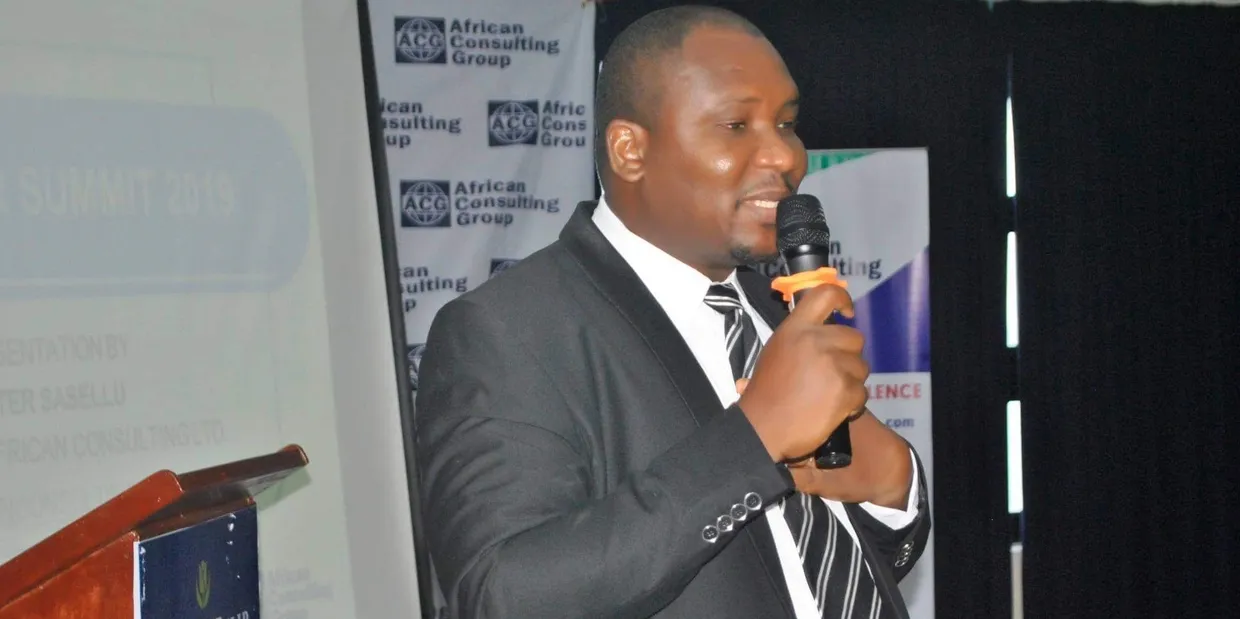African SME Finance and Investment Network (ASFIN) will on Thursday, 31 August, this year bring together key stakeholders from across the country for a day’s summit for small medium enterprises (SME) on major challenges faced in accessing finance at the Radisson Blu Hotel in Freetown.
International Finance Corporation (IFC) estimates that 65 million firms, or 40% of formal micro, small and medium enterprises in developing countries, have an unmet financing need of $5.2 trillion every year, which is equivalent to 1.4 times the current level of the global micro, small and medium enterprises lending. About half of formal SMEs don’t have access to formal credit, making the financing gap even larger when micro and informal enterprises are taken into account.
ASFIN President/ CEO, Peter SaSellu, disclosed to this medium that in emerging markets, seven out of ten jobs are generated by SMEs.
Access to finance is a key constraint to SME growth. It is the second most cited obstacle facing SMEs to grow their businesses in emerging markets and developing countries, especially in Africa, said the ASFIN CEO/President.
According to SaSellu, SMEs are less likely to be able to obtain bank loans than large firms, relying on internal funds or cash from friends and family to kick-start.
Ashma Jalloh, coordinator of the summit, revealed that the country is SME finance and investment friendly, noting the objective of the summit will be focused on discussions on adequate funding, access to financial inclusion, which she noted will take care of some of the problems of provisions of modern technology and low managerial skills.
The SME Finance and Investment Summit will examine the financing of SMEs in Sierra Leone and the various financing options available to SMEs, she revealed.
Ashma Jalloh continued that the summit will involve looking at debt financing by considering the role commercial, microfinance banks and other financial institutions and investors play in the financing of SMEs in the country, taking into consideration the role of equity financing through venture capital and business angles financing.
The Executive Director, ASPIN, Rebecca Paulison, among other things said SMEs play a major role in most economies, especially in developing countries.
According to her, SMEs account for the majority of businesses worldwide and are important contributors to job creation and global economic development.














